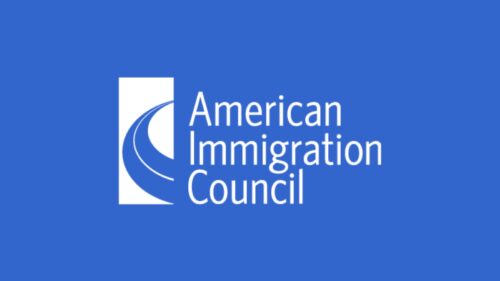Washington D.C. – Today, the Senate Judiciary Committee continues mark-up of S. 744, the Border Security, Economic Opportunity, and Immigration Modernization Act. The Committee is expected to complete work on Title Three and then begin considering amendments related to the legalization component of Title Two.
Creating a pathway to citizenship is one of the fundamental principles of S. 744, but many of the amendments offered in Committee appear designed to weaken the bipartisan program put forth in the bill by limiting eligibility, creating more hoops to jump through, and undermining procedural safeguards. The Senate Judiciary Committee should evaluate such proposals by asking what is necessary to achieve a workable plan for legalization of 11 million people—one that ensures the program has integrity, but that is also designed to succeed. The Gang of 8’s proposal is not perfect, but it was crafted with this goal in mind.
Amendments that would deter many of the 11 million undocumented immigrants from applying for or remaining in the program, or that would make it a bureaucratic nightmare to implement, must be avoided. Instead, if we wish to ensure that we are not repeating the mistakes of the past, we must strive for a generous and fair program that recognizes the contributions already being made by undocumented immigrants to this country.
In order to create a successful legalization program, Senators should keep in mind the following principles when considering the amendments offered under Title Two:
- The undocumented must be provided an opportunity to be full, legal members of our communities. Any effort to relegate them to a permanent underclass with no opportunity for citizenship would be a mistake of historic proportions.
- The application requirements must take into account the realities of life for the undocumented population. Many have participated in the underground economy for decades and may not have formal documentation of their employment, so alternative forms of evidence (such as affidavits) should suffice. Fees and penalties should not be prohibitive.
- Aspiring Americans should be able to live normal lives and should not be punished for traveling abroad to visit relatives or for reasonable periods of unemployment.
- While the program should have time limits, they must be reasonable and realistic. The current implementation timetable of 1 year from date of enactment, with the option of an 18-month extension, is ambitious and it should not be made any shorter.
- The bill should promote reunification of families, including relatives who recently left the United States.
- We must not categorically exclude deserving individuals with very minor or old misdemeanor convictions from RPI status or from getting a green card.
###
For more information contact Wendy Feliz at [email protected] or 202-507-7524.


